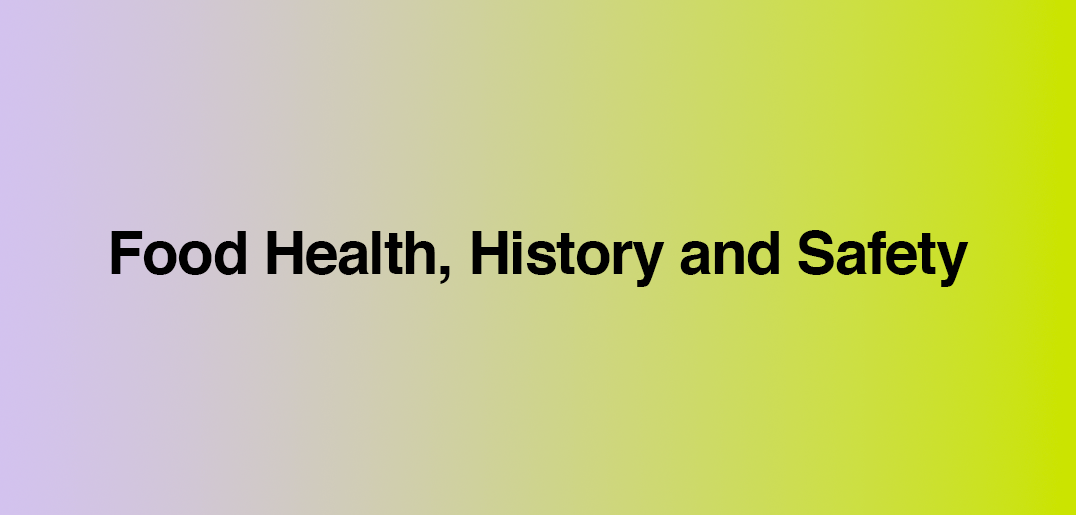Food Safety
Protect your loved ones
A note from my niece, Erika Klauk, Waupaca, Wisconsin, alerted me to Cooking for Groups. This booklet about food safety is designed specifically for volunteers at places such as churches and reunions. It tells you what to do to keep hot and cold foods safe and how to transport food safely. “It is a great resource for anyone in charge of reunion meals. Everyone SHOULD be interested; if they’re not they’ll probably serve their family salmonella.” Order 604J from the Federal Consumer Information Center, PO Box 100, Pueblo CO 81002; 888-878-3256; www.fsis.usda.gov/OA/pubs/cfg/cfg.htm#contents.
What happens to leftovers?
Time was when leftovers were not donated for fear of repercussions if there was a problem. That left a lot of perfectly good food to be tossed and not used or enjoyed. Many places have laws or ordinances that no longer hold the donator liable, so if there is the potential for leftovers at one of your events, you might want to learn how your caterer works with local food rescue organizations. Donated food trays cannot have been touched. They must be donated as they were originally made. Most food donations take place during the week when drivers are working, so weekend leftovers might not be used.
If you are not donating leftovers, take great care to make sure everything is safely saved to prevent food poisoning.
Buffet safety hints
-If you’re not sure how quickly food will be eaten, keep portions small. Prepare a number of small platters.
-It can be unsafe to add new food to a serving dish that already contains food. Replace empty platters with freshly filled ones.
-Food should be protected from contamination by food shields.
-Don’t leave perishable food at room temperature more than two hours unless you’re keeping it hot or cold.
Keep food safe
The Department of Agriculture’s Food Safety and Inspection Service recommends when cooking hot foods – particularly meats – a temperature of 160 degrees to kill bacteria. After cooking, meats should be kept warm at 140 degrees. Refrigerated foods should be kept at 40 degrees.
Thorough cooking kills salmonella. Stay away from dishes made with raw or lightly cooked eggs, such as Caesar salad, French toast, hollandaise sauce and some foreign fares.
If you choose to serve raw fish or sushi, request that the fish be frozen to kill parasites, then thawed before serving. Bacteria-free food is always at risk of being cross-contaminated. So choose shrimp salad instead of seafood salad because one kind of seafood in the mix can infect the entire dish
Buffet dishes served from heating pans can contribute to food poisoning. Food at the edges of the pan may not be hot enough to kill bacteria. This is easily prevented: request covers to maintain heat in heating pans. Ask servers to regularly stir food.





